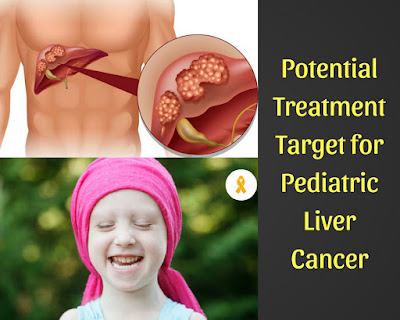HOX genes: Role in colon cancer development
Colon cancer is a
leading cause of cancer-related deaths in not only the United States, but all
over the globe. Conventional research over the last 50 years has shown that
tumors undergo a series of genetic mutations that lead to the unchecked growth
of tumors and their progression to metastatic cancer. Traditional therapies
designed to kill the bulk of cancer tumor cells continue to fall short of a
cure for advanced, drug-resistant colon cancers.
Over-expression of HOXA4 and HOXA9 genes in colon cancer stem cells promotes cell replication
and contributes to the overpopulation of stem cells that drives colon cancer
development. The findings suggest treatment with vitamin A derivatives, called
retinoid drugs, could provide a therapeutic strategy for decreasing the
expression of these HOX genes and for targeting highly resistant cancer stem
cells. These long-lived, uncommon cells start out as tissue stem cells that
become cancer stem cells when certain mutations or mistakes occur in the genes
that regulate cell renewal and overpopulation. These genes are known to be
master regulators of stem cells, and because HOX gene expression has been found
to malfunction in various types of cancer.
Gene expression works
as an on/off switch that regulates how cellular components are made. Adjusting
the level of gene expression can directly impact cancer cell development and
the drive to self-replicate. What discovered was that lowering HOXA4 or HOXA9
expression in colon cancer stem cells decreases their self-renewal ability,
reducing cell population, and inhibiting cell proliferation. Therapeutically
focusing on HOX gene expression could diminish the self-renewal capacity of
malignant stem cells amid cancer advancement. To test this hypothesis, they chose
All-Trans Retinoic Acid (ATRA), one of the most commonly explored and
clinically tested retinoic acid derivatives. ATRA regulates HOX gene
expression, diminishes gene expression of a known stem cell biomarker (ALDH1)
and decrease stem cell renewal.
17th International Conference on Gastroenterology and Hepatology is scheduled during September 03-04, 2018 in Dubai, UAE.
For more details:
Anna Harper
Program Manager




Comments
Post a Comment